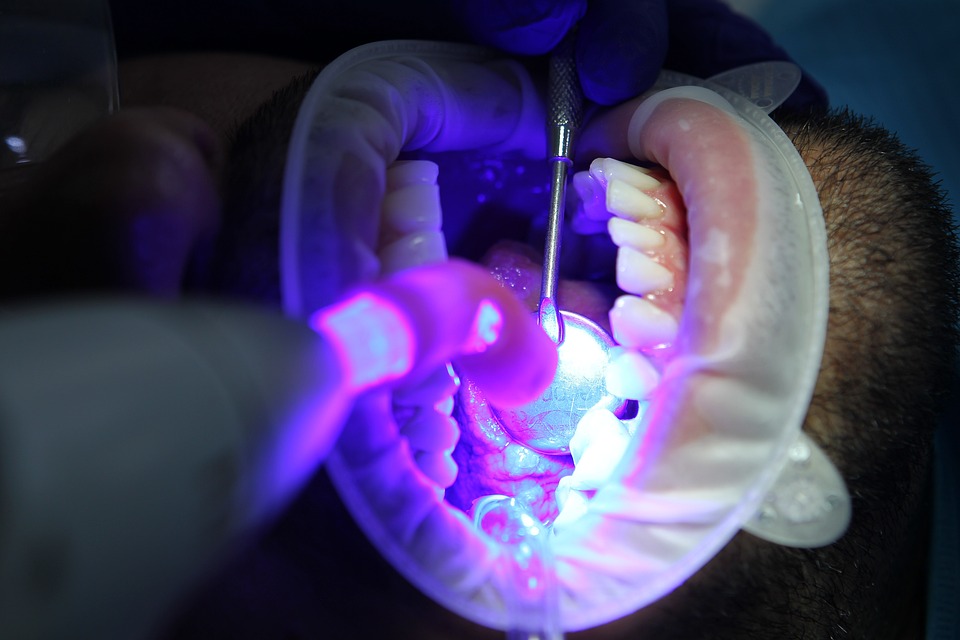What is deep cleaning of teeth?
Scaling and root planing, or simply “deep cleaning,” is a dental technique for eliminating plaque and tartar from teeth both above and below the gumline. Having periodontitis, or gum disease, is a common prerequisite for this procedure.
The dentist or dental hygienist will use special devices to scrape tartar and plaque from the chewing surfaces of the teeth and the root surfaces of the teeth. For the same reason, they may also file down rough places on tooth roots to stop bacteria from collecting there and worsening the disease.
Having your teeth professionally cleaned usually takes two or more visits to the dentist. In some cases, antibiotic treatment may be prescribed thereafter to eliminate any remaining germs and diminish any resulting gum irritation.
Plaque and tartar buildup, as well as gum disease, can be prevented with regular dental care like brushing, flossing, and checkups with your dentist.
The Advantages of Deep Cleaning Your Teeth Weekly
Scaling and root planing is a dental technique used to deep clean the teeth by removing plaque, tartar, and bacteria from the tooth’s surface, including the area below the gum line. People who haven’t had their teeth professionally cleaned in a while or who have gum disease are the most likely candidates. Consider these potential benefits of a weekly in-depth dental cleaning:
- Promotes healthier gums: A thorough cleaning can help restore gum health by removing harmful germs and plaque that has built up on the teeth and gums.
- Plaque and tartar removal during a deep cleaning can significantly lower a person’s chance of developing gum disease, a potentially fatal condition that can also result in the loss of teeth.
- Removal of the microorganisms that cause bad breath is one benefit of a thorough cleaning.
- Removes germs and plaque, which can cause gum disease and, in turn, tooth loss; with this method, you can help keep your teeth for as long as possible.
- When germs and plaque that cause tooth decay and gum disease are removed during a deep cleaning, the overall health of your mouth improves.
It’s recommended that you see a dentist for thorough cleaning, and it might not be required for everyone to have deep cleaning every week. When deciding on a cleaning plan, it’s advisable to consult with your dentist to discuss your specific needs.
Disadvantages of Deep Cleaning Your Teeth Weekly
While there are certainly positives to benefiting from a comprehensive cleaning of your teeth, there are also some drawbacks to think about. Some potential drawbacks to performing a weekly in-depth dental cleaning include the following:
- Experiencing this discomfort may be normal. Scaling, the removal of tartar and plaque from the teeth’s surface, and root planing, the smoothing out of rough places on the teeth’s roots, are both components of a thorough deep cleaning. Some patients, especially those with especially sensitive teeth or gums, may feel pain during these treatments.
- In some cases, it may take a lot of effort: Every time you go to the dentist for a deep cleaning, you should expect to spend between thirty minutes and an hour there. When you have a hectic schedule, this can be an inconvenience.
- Spending money on it isn’t always cheap: The cost of a deep cleaning is often not covered by dental insurance, making it a costly extra expense.
- It’s possible that some people don’t need it: People who haven’t had their teeth properly cleaned in a long time or who have gum disease are often advised to get a deep cleaning. You may not require a deep cleaning if you frequently visit the dentist and practice good dental hygiene.
Discussing the potential drawbacks of deep cleaning with your dentist can help you decide if it is required for you and if it is worth the time and money you will spend on it.



